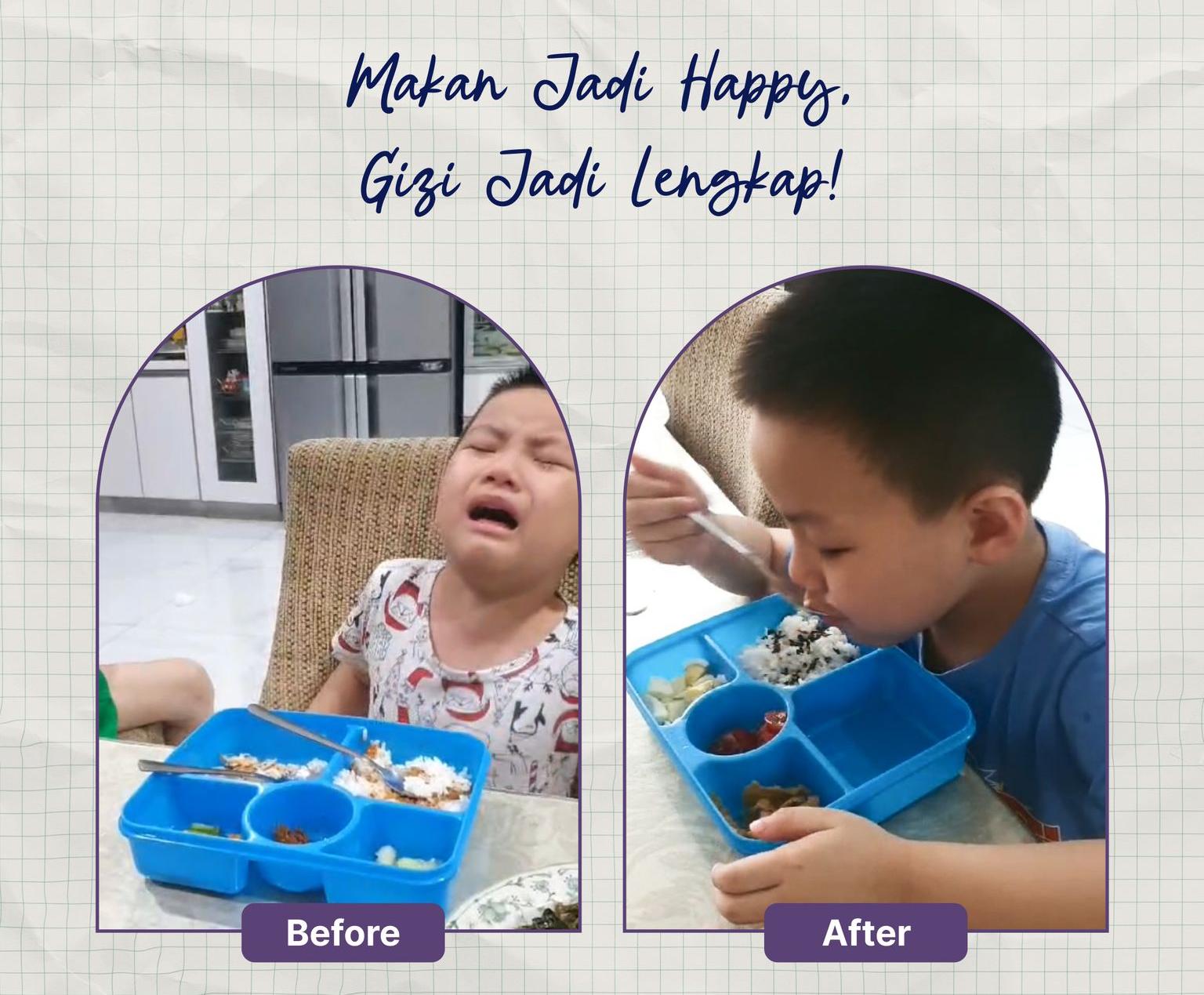What makes children refused to eat?
Children may refuse to eat or have difficulty eating for various reasons. Here are some common factors that may contribute to this behavior:
- Developmental Stage:
Young children often go through a phase of picky eating as they assert their independence and preferences. This is a normal part of their development. - Taste Preferences
Children have different tastes than adults, and they may be more sensitive to certain flavors or textures. They may refuse foods they find unappealing. - Distractions
In today's world, children are often distracted by screens, toys, or other activities during mealtime, which can lead to a lack of interest in eating. - Control and Autonomy
Refusing to eat can be a way for children to exert control over their environment. They may want to make their own choices about what they eat. - Emotional Factors
Stress, anxiety, or changes in routine (such as starting school or moving to a new home) can affect a child's appetite and willingness to eat.Stres, kecemasan, atau perubahan rutinitas (seperti mulai sekolah atau pindah ke rumah baru) dapat mempengaruhi nafsu makan dan kesediaan anak untuk makan. - Health Issues
Sometimes, underlying health problems such as allergies, gastrointestinal issues, or oral health problems can make eating uncomfortable or painful for children. - Parental Pressures
If parents or caregivers pressure children to eat, it can create negative associations with mealtime, leading to further refusal. - Social Influences
Children may be influenced by their peers or siblings, especially if they see others refusing certain foods or if they want to fit in with their friends. - Food Neophobia
Many children experience food neophobia, which is the fear of trying new foods. This can lead to a preference for familiar foods and a refusal to try something new. - Routine and Environment
A chaotic or stressful mealtime environment can make children less likely to eat. Establishing a calm and pleasant mealtime routine can help.
How can we help?
There are some ways to help children:
- Play Therapy
Through play therapy, children can be helped by introducing positive experiences related to food. This way, the anxiety felt by children while eating can be reduced. - Behaviour Therapy
Behavioral therapy provides a structured and supportive approach to help children who refuse to eat. By addressing the underlying behavioral and emotional factors, therapists can assist children in developing healthier eating habits and a more positive relationship with food. If you are considering behavioral therapy for a child with eating difficulties, it may be beneficial to consult with a qualified therapist who specializes in feeding issues in children. - Nerve Stimulation
With nerve stimulation using gentle massage techniques, the muscles related to mouth movement are stimulated so that the child can chew better.
Of course, every child has different issues and requires different handling as well. At Angel's therapy, each child will have a personalized therapy plan created according to their needs.

Result?
